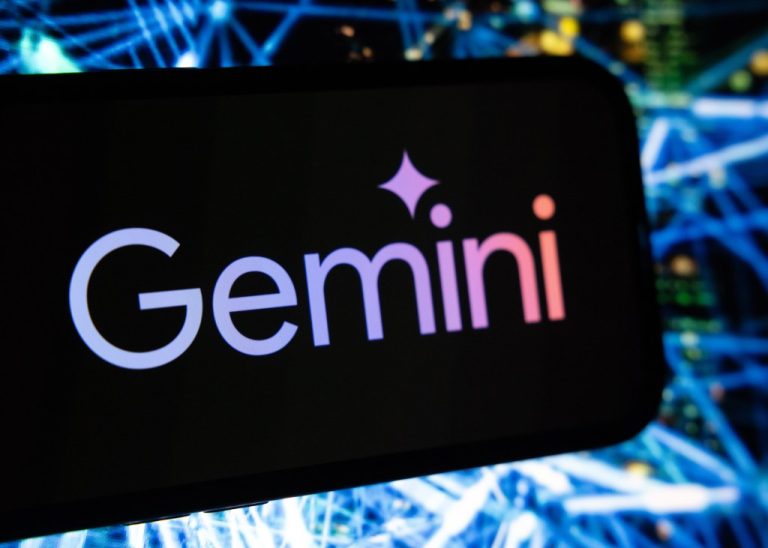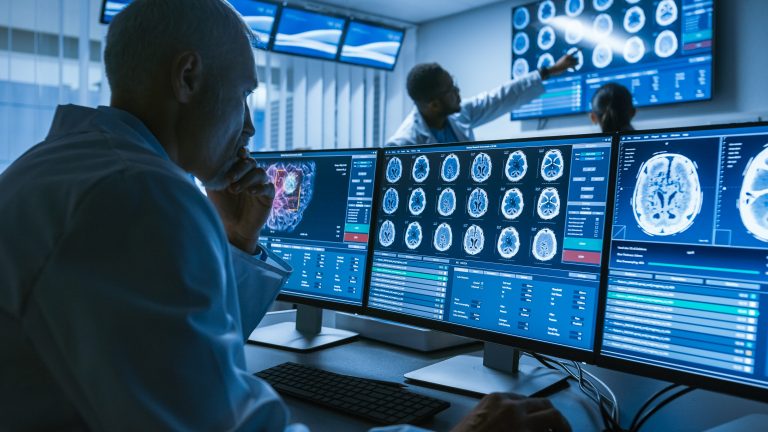U.S. Response to China’s Threat: Joining the G-7 AI Partnership
As highlighted by Bloomberg, the United States is set to participate in a global organization aimed at guiding corporations and governments in the ethical development of artificial intelligence (AI).
The Global Partnership on AI, which will utilize principles established by the Organization for Economic Cooperation and Development (OECD), is focused on researching and advising on the development of AI solutions that uphold ethical standards as well as respect individual privacy and civil liberties. Its mission is to promote the advancement of human-centric artificial intelligence that prioritizes human rights, inclusivity, diversity, innovation, and economic prosperity.
Michael Kratsios, the U.S. Chief Technology Officer, expressed that this partnership represents “a groundbreaking global organization that envisions a future for AI that enhances the lives of Americans and individuals worldwide.”
U.S. representatives are anticipated to discuss the nation’s commitment to this initiative during a G-7 gathering of science and technology ministers next week, with additional countries beyond the G-7 also expressing interest in joining.
While acknowledging the previous skepticism of the Trump administration towards multilateral accords, Kratsios emphasized the significance of this initiative in the context of China’s use of AI to bolster its surveillance capabilities. He remarked that the Chinese government “has exploited AI in ways that starkly contradict the values upheld by the U.S. and its allies.”
This initiative seeks to establish boundaries on the international expansion of Chinese companies, akin to the U.S. strategies aimed at curtailing China’s dominance in 5G technology, according to Kratsios, who previously served as chief of staff at Thiel Capital. American technology leaders have voiced concerns that Chinese influence may undermine free speech globally, as sensitive political topics are heavily censored in China, often accompanied by government access to personal data.
Kratsios further fueled concerns by indicating that the Covid-19 pandemic accentuates the urgency of addressing the risks posed by China, referencing reports that Beijing suppressed dissent regarding its handling of the pandemic along with its development of comprehensive surveillance technologies. He warned that “AI must not serve as a mechanism for oppression or invasion of privacy.”
Become an AI Forum Member
Did you find this information engaging? Join the AI Forum community today and subscribe to our newsletter for the latest news and essential research on AI. We welcome your feedback—please leave your comments below!






